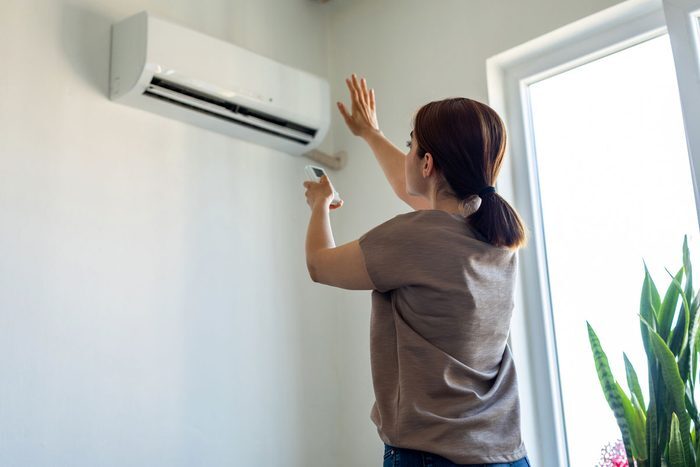Introduction
Air conditioning has become a staple of modern life, especially in regions with hot and humid climates. It allows us to maintain a comfortable temperature indoors, regardless of the weather outside. However, some people have expressed concern about the impact of air conditioning on our health, particularly our vitamin D levels.
The Importance of Vitamin D
Vitamin D is a critical nutrient that our bodies need to function correctly. It helps regulate calcium and phosphorus absorption, which are essential for maintaining healthy bones, teeth, and muscles. It also supports our immune system, helps prevent certain diseases, and promotes healthy aging. Our bodies produce vitamin D when our skin is exposed to sunlight, which is why it is often referred to as the “sunshine vitamin.”
Concerns About Air Conditioning and Vitamin D
The concern with air conditioning and vitamin D arises from the fact that people who spend most of their time indoors, whether at work or at home, may not be getting enough sunlight exposure to produce sufficient levels of vitamin D. Moreover, air conditioning systems often recirculate the same air throughout the building, which can lead to poor air quality and reduced ventilation.
Air Conditioning’s Impact on Sunlight Exposure and Air Quality
However, it is important to note that air conditioning itself does not directly affect vitamin D levels. Instead, it is the lack of sunlight exposure that can lead to deficiencies. If you are concerned about your vitamin D levels, there are several things you can do to ensure that you are getting enough of this vital nutrient.
Maintaining Optimal Vitamin D Levels: Outdoor Exposure, Supplements, and Diet
One way is to spend more time outdoors, particularly during the early morning or late afternoon when the sun is not as intense. Even just 10-15 minutes of sunlight exposure can help boost vitamin D production. If you are unable to spend time outside, you can also consider taking vitamin D supplements or eating foods rich in this nutrient, such as fatty fish, egg yolks, and fortified milk.
Improving Indoor Air Quality and Ventilation
Moreover, there are steps you can take to improve indoor air quality and ventilation. These include opening windows and doors to let in the fresh air, using air purifiers or filters, and maintaining your air conditioning system regularly to ensure it is functioning correctly.
Conclusion
In conclusion, air conditioning itself does not directly impact vitamin D levels. Still, it can contribute to reduced sunlight exposure, which can lead to deficiencies. To maintain optimal vitamin D levels, it is essential to spend time outdoors, take supplements or eat foods rich in this nutrient, and take steps to improve indoor air quality and ventilation. By doing so, you can enjoy the benefits of air conditioning without compromising your health.


